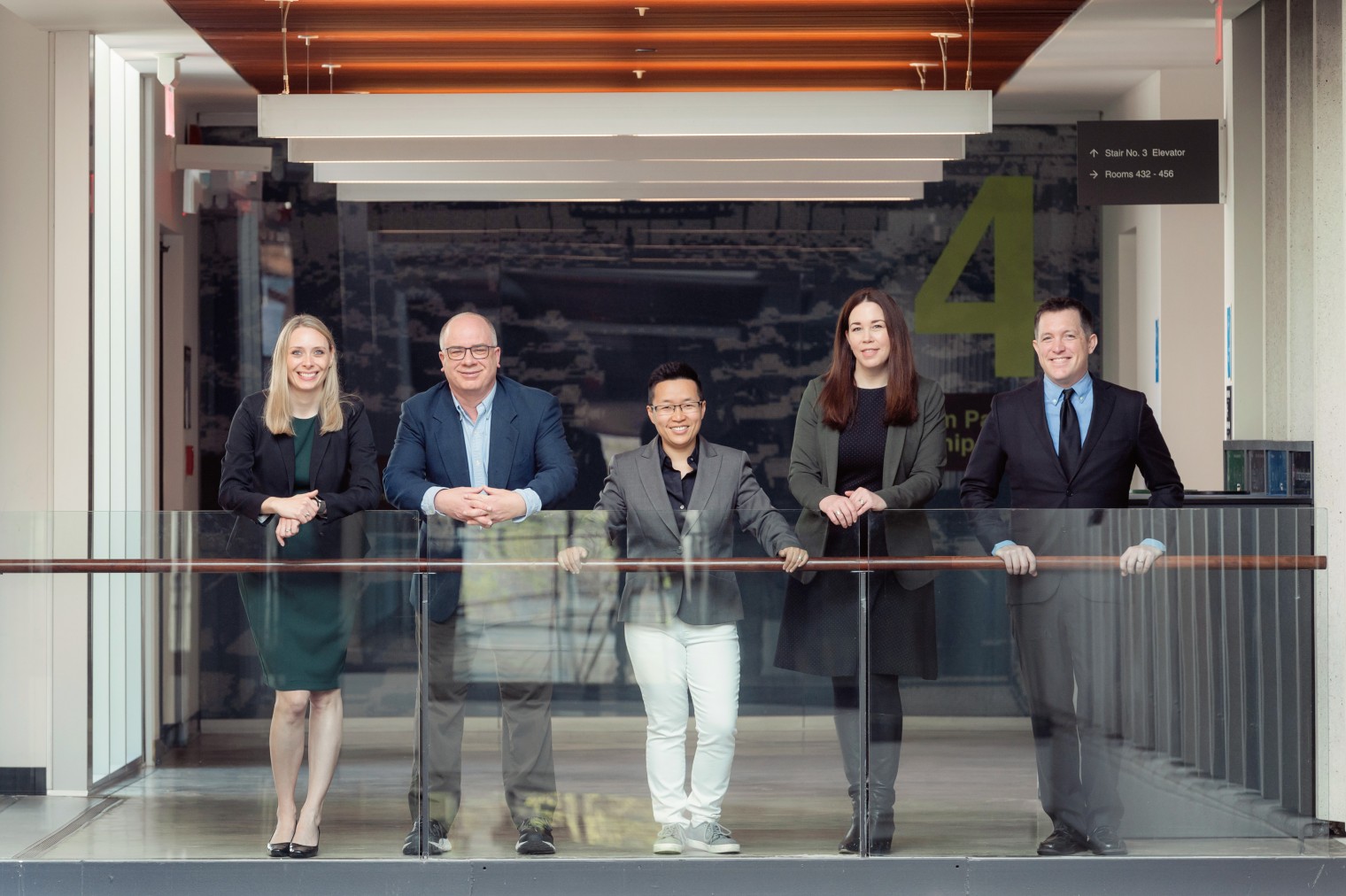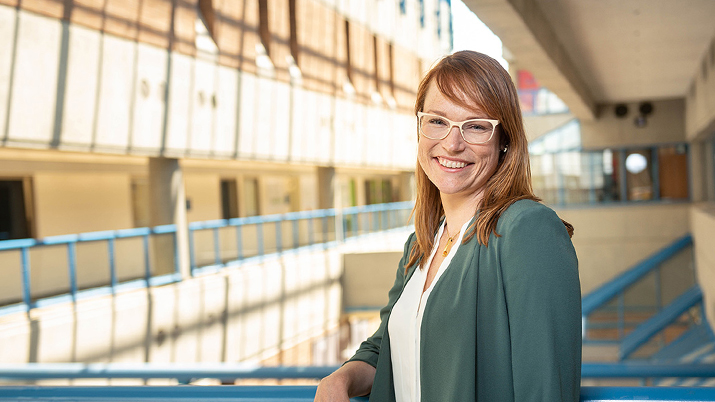

The Decision Insights for Business & Society (DIBS) Team. Photo credit: Sauder School of Business
Congratulations to UBC Psychology’s research clusters for receiving funding through the UBC Research Excellence Clusters initiative.
The 38 Research Excellence Clusters funded in 2023/24 includes 15 clusters in the second year of their current award. Funding is awarded through Grants for Catalyzing Research Clusters (GCRC) competitions. Clusters are recognized as either established or emerging depending on multiple factors relating to their developmental stage and funding requirements. These clusters are composed of researchers across departments at UBC who work together as leaders in their respective field(s) of study.
Established research excellence cluster (Psychology led) who received funding:
Congratulations to Dr. Jiaying Zhao , associate professor in UBC’s department of psychology, and member of the Decision Insights for Business & Society (DIBS) research excellence cluster who received renewed funding.
Decision Insights for Business & Society (DIBS)
Individual decisions are a critical part of both the causes and solutions for our most urgent societal and planetary challenges (e.g., the climate crisis, income inequality, and decolonization). DIBS uses decision science to better understand decision-making, encourage long-term behaviour change, and work toward an environmentally, economically, and socially sustainable future. Cluster Lead: Jiaying Zhao
Congratulations to the following established research excellence clusters our researchers are members of:
Women’s Health Research Cluster (WHRC)
The Women’s Health Research Cluster (WHRC) is a network of women’s health researchers and stakeholders that are interested in how sex and gender influence health outcomes. We work towards creating a future where women can live equitably healthy lives across the lifespan by promoting, expanding, and catalyzing impactful research on women’s health. Cluster Lead: Elizabeth Rideout
Social Exposome Cluster
The Social Exposome Cluster facilitates interdisciplinary collaborations to examine the social and environmental factors that have lasting impacts on our health and well-being and the biological processes in the body by which they do so (referred to as “biological embedding”). The ultimate goal is to use this knowledge to develop and implement policies and interventions to reduce health inequities and improve health outcomes across the life course. Cluster Lead: Michael Kobor


